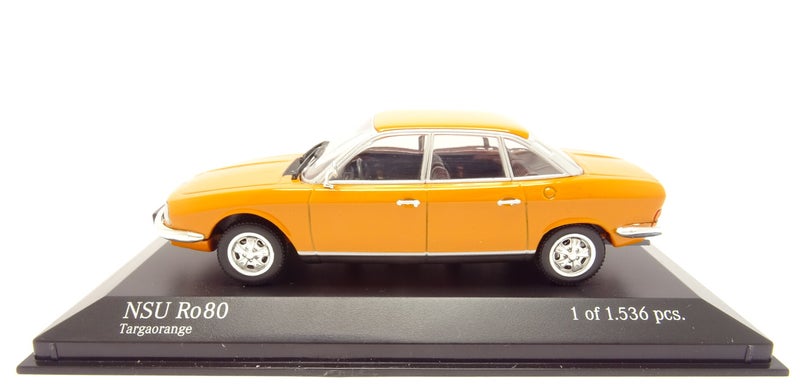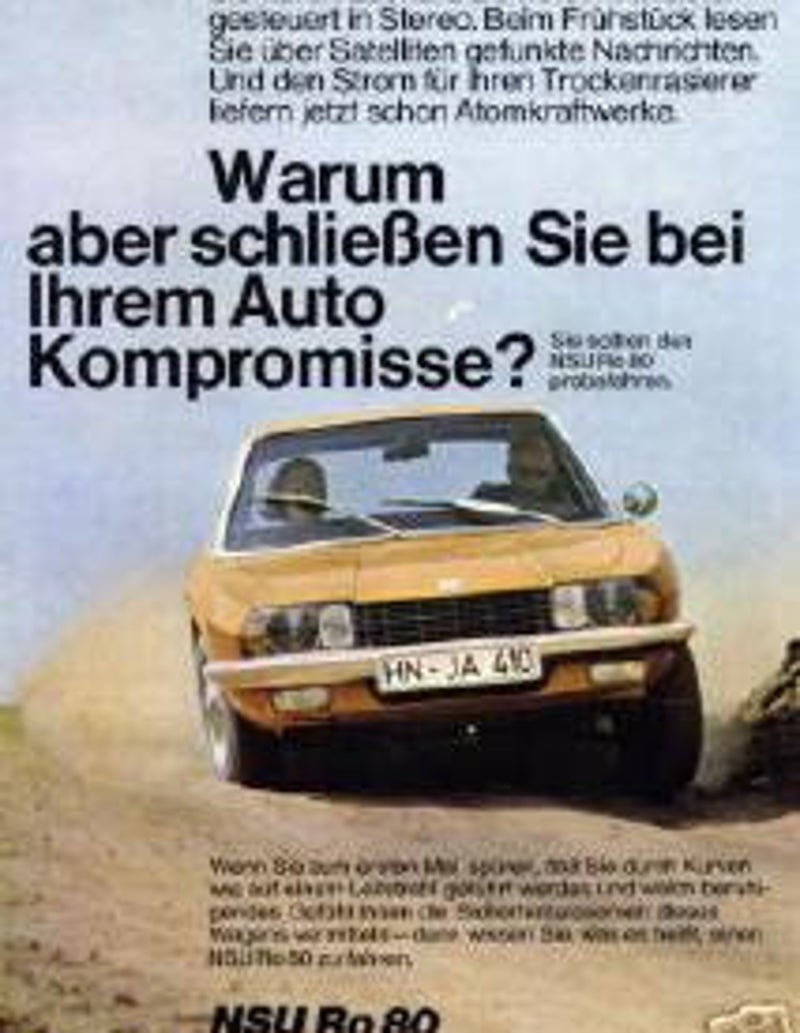

The name NSU originated as an abbreviation of "Neckarsulm", the city where NSU was located.
NSU Motorenwerke AG, or NSU, was a German manufacturer of automobiles, motorcycles and pedal cycles, founded in 1873. Acquired by Volkswagen Group in 1969, VW merged NSU with Auto Union, creating Audi NSU Auto Union AG, ultimately Audi. NSU originated as the "Mechanische Werkstätte zur Herstellung von Strickmaschinen", a knitting machine manufacturer established in 1873.


Headquarters: NSU Motorenwerke AG, Neckarsulm, Germany, 1873-1969

Headquarters: Volkswagen Group, Wolfsburg, Germany, 1969-1985

Parent: Audi AG, Ingolstadt, Germany, 1985






















1873-1913
1913-1926
1926-1931
1931-1938
1938-1945
1945-1951
1951-1960
1960-1969







Create Your Own Website With JouwWeb